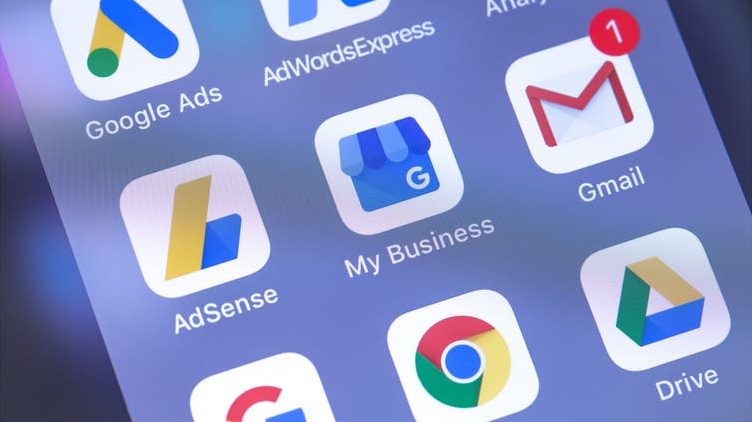Verizon Media’s Dan Richardson reveals most consumers unaware of Google’s cookie changes
Google announced last week that it is delaying its plans to phase out third-party cookies in the Chrome browser for campaign management, targeting, and measurement to mid-late 2023.
Google said the delay would give publishers, advertisers and regulators more time to adapt to the “new technologies it’s creating” to enable targeted ads after cookies are phased out, providing the UK’s Competition and Markets Authority (CMA) signs-off on Google’s commitments and updated timeline.

How will Google delaying Chrome’s blocking of tracking cookies affect the consumer?

